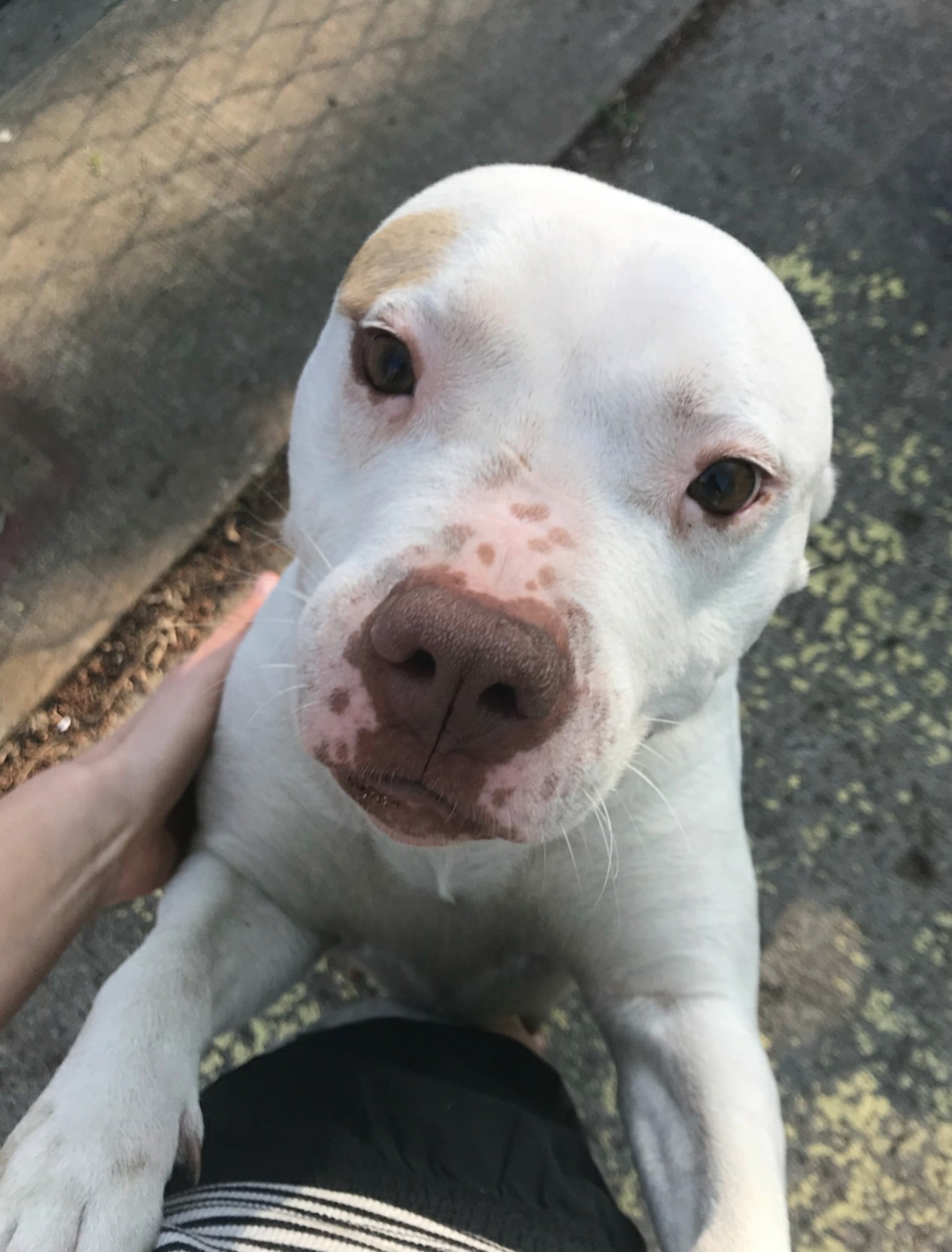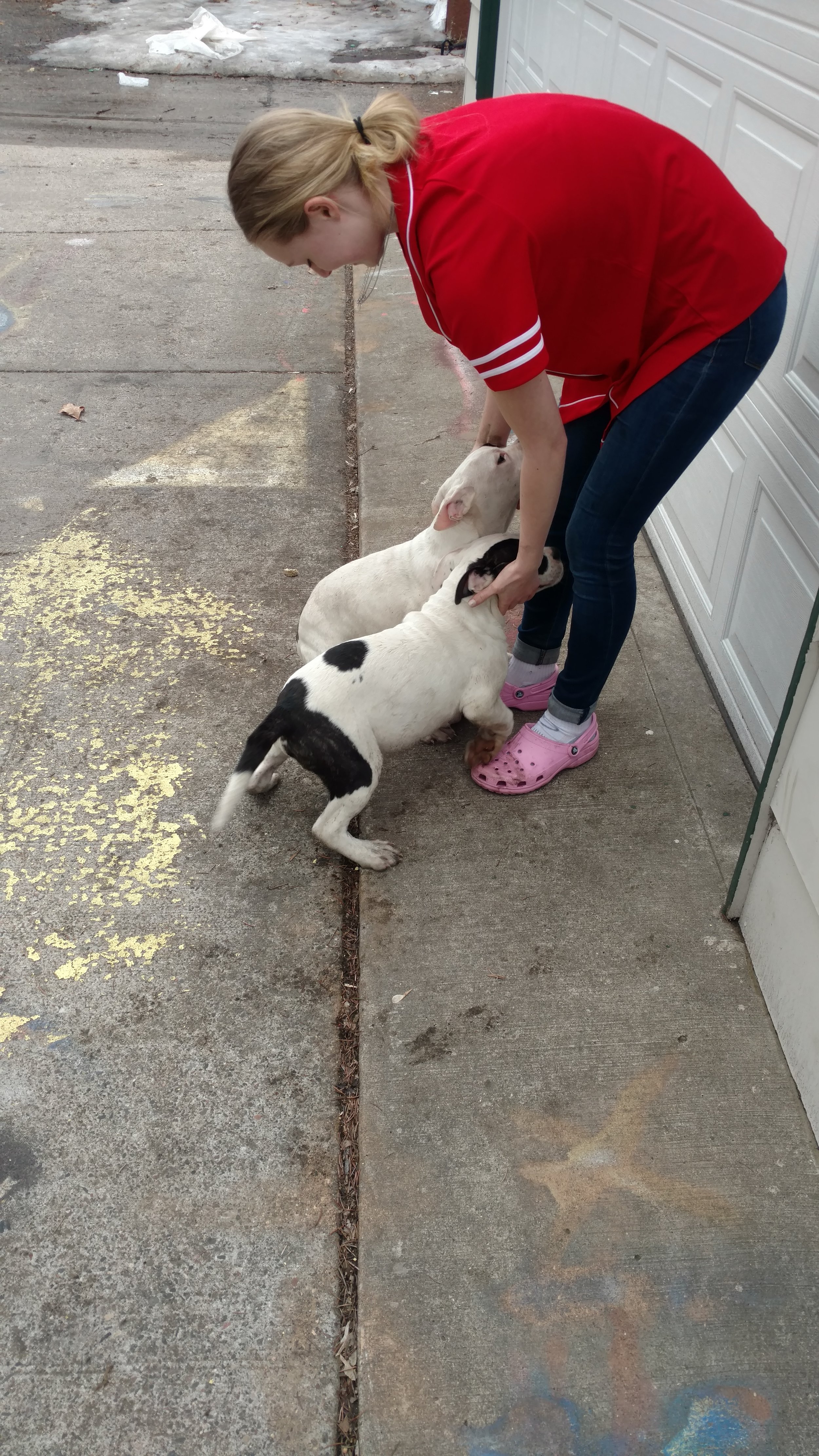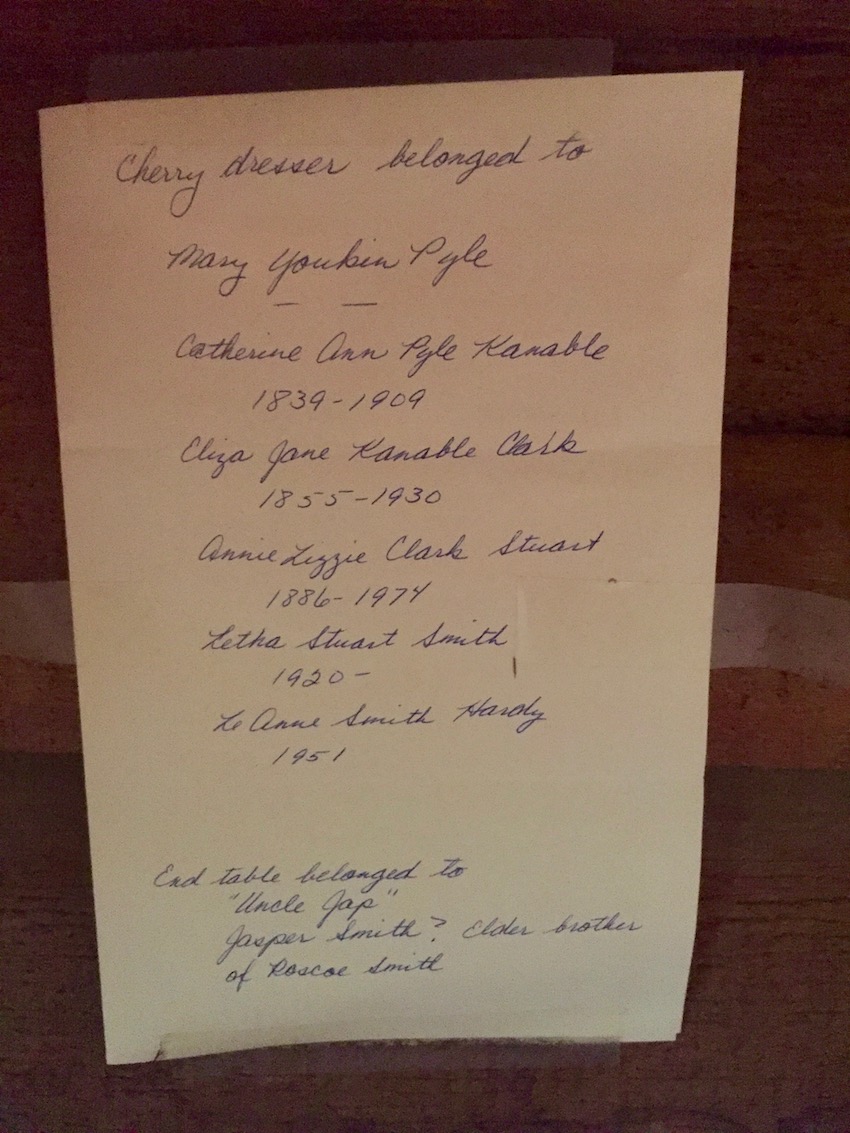And just like that, everything changed.
(The following blog post was my first, published four years ago now.)
*****
September 11, 2001. That dark Tuesday for the country was the beginning of a new day for my family, but we didn’t know it then.
I heard the news of the terrorist attacks from a friend who called me, breathless, early that morning. In a fog, I watched news coverage later that day in the waiting room of a clinic in our town of Sierra Vista, Arizona. Ricka, just eleven days old at the time, screamed during her appointment when the nurse pricked her heel, squeezing out a single drop of blood for each spot on a card for the lab. Distracted, I took my healthy baby home when it was over.
Wide-eyed and incredulous, we sat in front of our television for days like the rest of the country. I nursed Ricka, and Flicka, who was only twenty-two months old, played on the floor in front of the TV. I recall several living rooms in those days. Our viewing of the nightmare rotated from our living room to our friends’ living rooms, as if watching the horrors on TV in someone else’s house would bring fresh answers, a sound conclusion.
As usual, we Border Patrol wives stuck together. Our husbands continued to go to their jobs on the Mexican border, their station located in the town of Douglas, Arizona. Just because the country was grieving didn’t mean there wasn’t work to do. Maybe even more work now. America wasn’t impenetrable anymore.
Husband worked hot, dusty shifts in the desert. He had been unsatisfied with his job since its beginning three and a half years earlier, and I wondered if he would ever be happy in a job. It didn’t help that his work on the border seemed meaningless to him. The same groups of people crossing over without documentation would be caught in the desert, gathered up, brought to the station to be “idented,” and sent back to Agua Prieta, Mexico, only to return the next day to the same agents, the same scenarios.
Husband came home with stories. Fathers abandoning their families in the desert to escape to the U.S. alone. Desperate mothers tossing their babies over the steel fence separating the U.S. from Mexico. Federal agents finding drugs in a desert also littered with garbage, discarded clothing, full and empty mayonnaise jars—and sometimes a dead body. Eventually, the government instructed the agents to look the other way from illegal border crossings. The success rates would look better that way, and it was all about the numbers. Husband wanted out.
The unabating sun, the choking sandstorms, and Husband’s uniform—stained from the red clay soil of the Sonoran desert—reminded us we were far from where we came. We had two babies, and their mere existence in the world nudged me daily.
Go back home!
We heard reports in our town of “particulate matter”—dried feces—in the air we breathed, higher rates of childhood leukemia, drug use amongst kids as young as third grade, the highest rates of teen pregnancy in the country, and eventually it wasn’t just Husband looking for a way out. Something had stirred in me too.
We kept our ears open. Husband applied for jobs elsewhere—the northern U.S. border as a Border Patrol agent, anywhere as a Secret Service agent, and the Grand Canyon as a Forest Ranger. But it was 9/11—the bleakest of America’s tragedies—that was our way out. The Federal Air Marshal Service under the Department of Homeland Security was suddenly hiring hundreds of new air marshals to supplement their paltry number of pre-9/11 agents.
Nothing about the federal government moves quickly, but the hiring process for Federal Air Marshals was expedited due to a new national sense of insecurity. They demanded coverage, and now. Husband and most of his friends from the Border Patrol in Douglas, Arizona, were hired. Abruptly, our lives changed. The mild winters, monsoon seasons, and slow-paced desert lifestyle came to an end. By March 22, 2002, we handed our house keys to the landlord, slammed the U-Haul doors shut for the last time, tossed one last look behind us at the Huachuca Mountains, and started our trek north.
We spent our first night on the road in a cheap motel in Deming, New Mexico. A long enough travel day for a six-month-old and a two-year-old, we decided. Burrs peppered the carpeting in that motel room, so we kept our shoes on.
We hit blizzard conditions in Nebraska, and memories of my northern Minnesota upbringing smacked me in the face. Oh, that’s right. That’s how winter feels. I was sorry the little ones were wearing light fleece jackets and that I had stepped into flip-flops that morning, but it was cozy in the cab of the U-Haul truck.
Having survived the trip from southeastern Arizona to northwestern Minnesota in four wintry days with a baby, a toddler, our miniature dachshund, and all our earthly possessions, we wended our way to my parents’ home in Newfolden, Minnesota. It was my first time seeing their new house and new dogs—a fresh life together in their almost thirty-eight years of marriage. I pulled Mom and Dad into vice-grip hugs, relieved Dad wasn’t greatly changed from the last time I saw him. The fear I nursed on the trip was that he was worse and no one had told me. But he was between chemo treatments, enjoying an upswing in energy, and ready to play with his little grandgirls.
I looked at Husband. We had made it. I squeezed him tight. We were starting something new. He was a Federal Air Marshal now and would report the next week to a training academy. The girls and I would stay at Mom and Dad’s for as long as it took to find a house in the Twin Cities where Husband’s new station would be.
We didn’t know that in eight weeks, we’d have found our first home—a 1919 stucco—and be living in North Minneapolis, an area we knew nothing about.
We had no idea what was about to go down for us living in the hood.
*Miss an installment of the blog? Or want to catch the story from the beginning? Visit http://www.tamarajorell.com/blog-entries-by-date
*Names in this blog have been changed to protect my family, neighbors, and friends in the neighborhood, and in a nod of appreciation to the beloved Swedish author Maj Lindman, I’ve renamed my three blondies Flicka, Ricka, and Dicka.





















